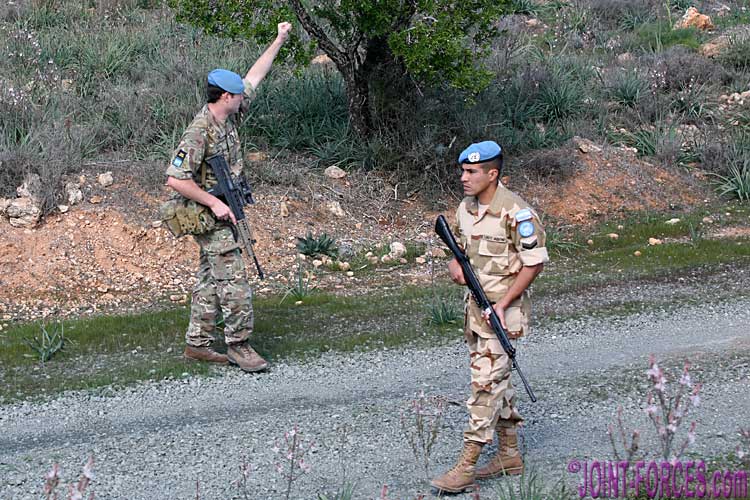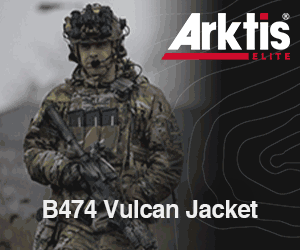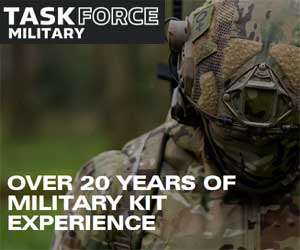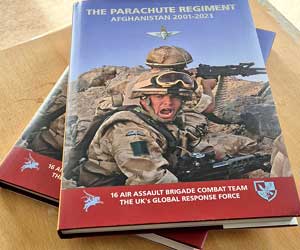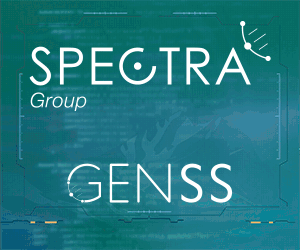The Buddy First Aid Course will become the first aid course required to be completed by every soldier, from every country, contributing to UN Peacekeeping missions.
~
UK MoD News Release, 10 June 2019: The United Nations, headquartered in New York, is an organisation of 193 member states; founded in 1945. There are currently 14 UN Peacekeeping Missions ongoing, with 124 countries contributing personnel in support of these missions.

Recent reports have highlighted the UN’s lack of standardisation of training for personnel of the Troop Contributing Countries. One main area that needed urgent attention was the standardisation of medical care. Several work strands are on-going to address standardisation along the whole patient care pathway; the UN Buddy First Aid Course (BFAC) is the first building block. The BFAC will become the first aid course required to be completed by every soldier, from every country, contributing to UN Peacekeeping missions. In the UK parlance this is the equivalent of Army MATT3 training.
The UK’s involvement began in 2017 following a visit to the Medical Services Division of the UN HQ by the then Surgeon General. Realising the similarities between the BFAC and the UK MATT3, as can be seen in the table below; and understanding the training development resources available within the Defence Medical Services, an offer was made to the UN to support their development of the UN BFAC.
| UK MATT 3 | UN BFAC |
| |
| C | Catastrophic Bleeding | M | Massive Bleeding |
| A | Airway | A | Airway |
| B | Breathing | R | Respiration |
| C | Circulation | C | Circulation |
| D | Disability | H | Heat/Cold Injuries |
| E | Exposure |
|
|
Over the last 18 months the Defence Medical Services have supported the UN in developing the BFAC concept into a reality. The original course content was agreed with UN Mine Action Awareness and Israeli military medical personnel. Japan and Israel pledged money and the UK provided course development expertise to turn the initial course into a polished product. The BFAC Pilot Course took place in Entebbe, Uganda in February 2018, delivering BFAC training to 24 students representing 15 UN Member states. The UK sent 2 observers to this training event.

Following this Pilot Course, the Graphics department supporting training design and delivery for Defence Medical Services Education and Training Courses based in Lichfield, Staffordshire, set to work creating course documentation. The style and simplicity of the design work ensured courses could be delivered in multiple languages and in multiple environments. The next challenge was how to cascade training out to 124 nations. Again, the UK already has a great model for such training in the form of the Defence Train the Trainer Course. UK personnel, with experience in delivering training to trainers, helped to develop the UN BFAC Master Trainer Course. This course would see a cohort of multi-national students trained in one location who would then return to their own country to train trainers.
The UK has significant interest in seeing this cascade training commence as delivery of medical training is a significant part of the output of short term training teams deployed worldwide. Many NATO countries do similar work supporting partner nations. The introduction of a global standardised course, very similar in nature to UK training, would ensure that Troop Contributing Countries are taught one course, rather than differing national courses, which often results in duplication and confusion.
In December 2018, the UN piloted the UN BFAC Master Trainer course at The United Nations Global Service Centre (UNGSC) which is the United Nations Peacekeeping office based in Brindisi, Italy. Ideally students would turn up already familiar with the BFAC content and the Master Trainer Course would focus on Instructional Techniques. However, in these early days, the BFAC is required to be taught at the start to ensure all students have this basic knowledge. The UK instructors have led with the delivery of the Instructional Techniques part of the course:
- roles and responsibilities
- student engagement
- planning and preparing a lesson
- lesson structure
- skills analysis
- delivering training
- selection and use of training aids
- confirmation of learning
Following instruction, the students were then required to teach back lessons and scenarios based upon the BFAC syllabus. Rigorous assessments were conducted to ensure that the appropriate standard had been met by the students. Those students who passed were awarded one of the 4 qualifications:
- certified as a UN Master Trainer and able to train trainers
- certified as a Trainer to deliver UN BFAC to students
- successfully passed the UN Buddy First Aid Course (not certified to deliver training)
- certificate of Participation for attending the UNBFAC Master Trainer Course (not certified to deliver training)
Overall, the UN BFAC Master Trainer Pilot Course was deemed successful; 22 students attended the course and 15 nations were represented. The concept of the cascade training was tested and over 70% of students attending achieved trainer status; with 50% being accredited as UN BFAC Master Trainers.

The follow up course took place in Renmore Barracks in Galway, Ireland, from the 10 to 16 March 2019. The course comprised of 18 students with 13 nations represented. This time the UK supported the delivery with 2 directing staff and with 2 UK students attending. 3 students who had been successful in Brindisi were invited to instruct on this course along with returning staff from the UK, Israel, Japan and the UN Mine Action Service who were all present on the December pilot course and provided continuity.


